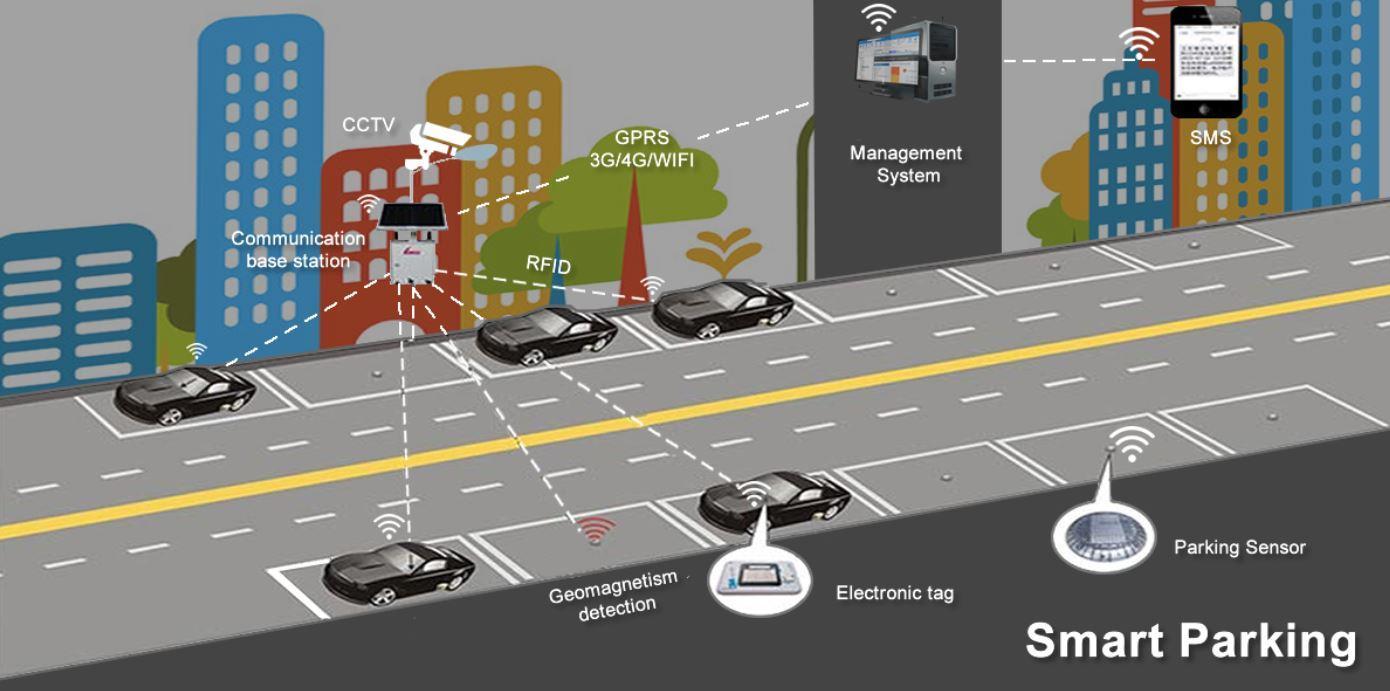Paphos is one step closer to becoming a smart city.
On Wednesday, September 1, a large-scale project of a smart parking management system was launched in the cultural capital of Cyprus. Work on the installation of special sensors for efficient parking space management began in the central part of the city.
A total of 3,100 parking spaces are expected to become smart. According to the idea, drivers will be informed about available parking spaces using a special mobile application. In addition, it will also allow you to pay parking fees online.
The introduction of an IT system will bring a lot of advantages: the number of unnecessary movements of vehicles will decrease, it will become easier for residents and tourists to move around the city, the level of pollution will decrease, - said the Mayor of Paphos.
Fedonas Fedonos stressed that the creation of smart parking spaces indicates that the municipality is taking another important step towards realizing its strategic goal of turning Paphos into a smart city.

The tender for the project was awarded to INNTENET LTD.
It is expected that work on the installation of smart parking lots will be completed within 4 months, after which INNTENET LTD will be engaged in their maintenance for another 8 years. The project is supervised by the Deputy Minister of Research, Innovation and Digital Policy.
The total cost of the project is estimated at 916 thousand euros. Funds for the implementation have been allocated from European funds.
As you may know, Paphos has been participating in the Smart Cities project, which has been implemented as part of the Interreg V-A Greece-Cyprus cooperation program since 2014.
The program is funded by the European Regional Development Fund (ERDF).
Smart city is a set of information and communication technologies (ICT) designed to improve the standard of living of ordinary people. ICT is being used to design, implement and promote sustainable urban development plans and to address growing urbanization challenges. Residents interact with smart city systems in a variety of ways, but mostly through their smartphones and mobile devices. Targeted energy distribution, streamlined waste collection, reduced traffic congestion, improved air quality are just some of the benefits of a smart urban environment.
